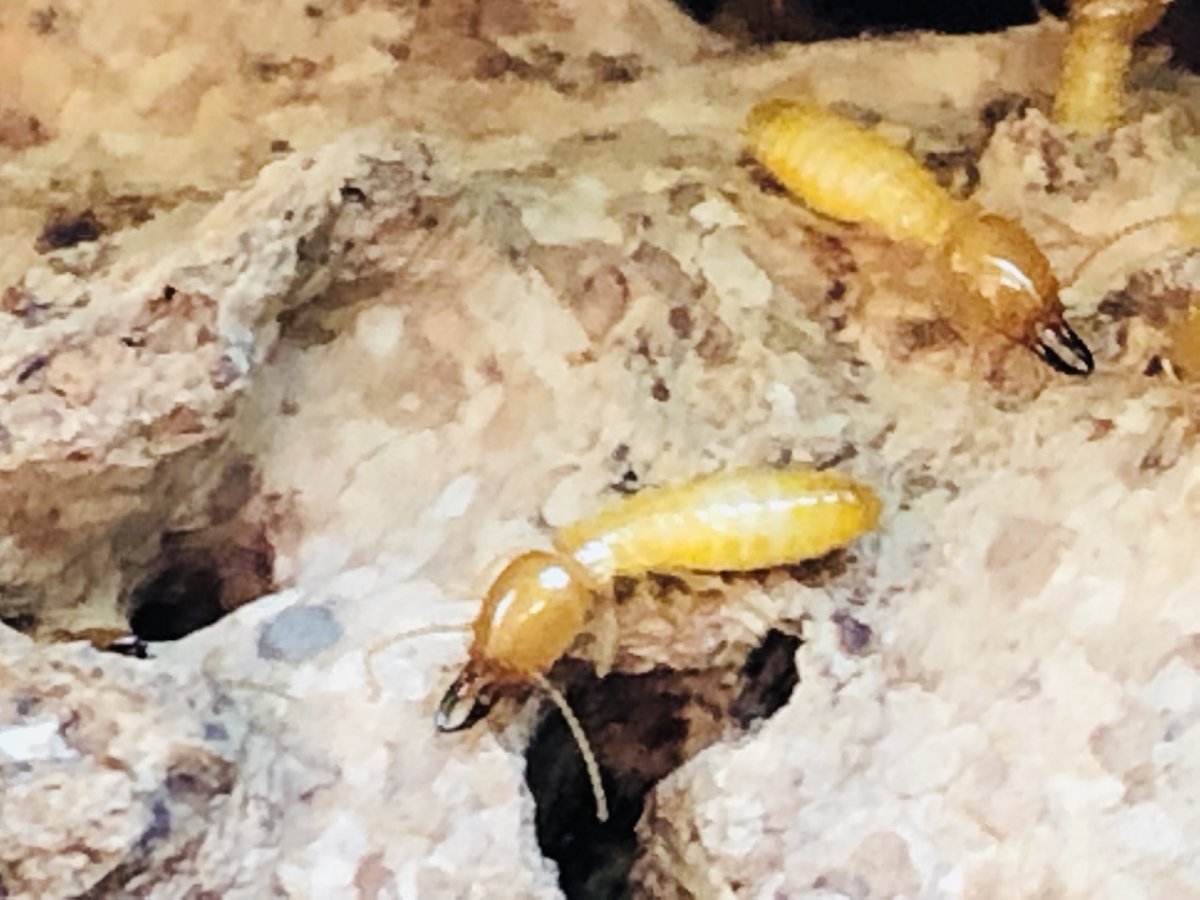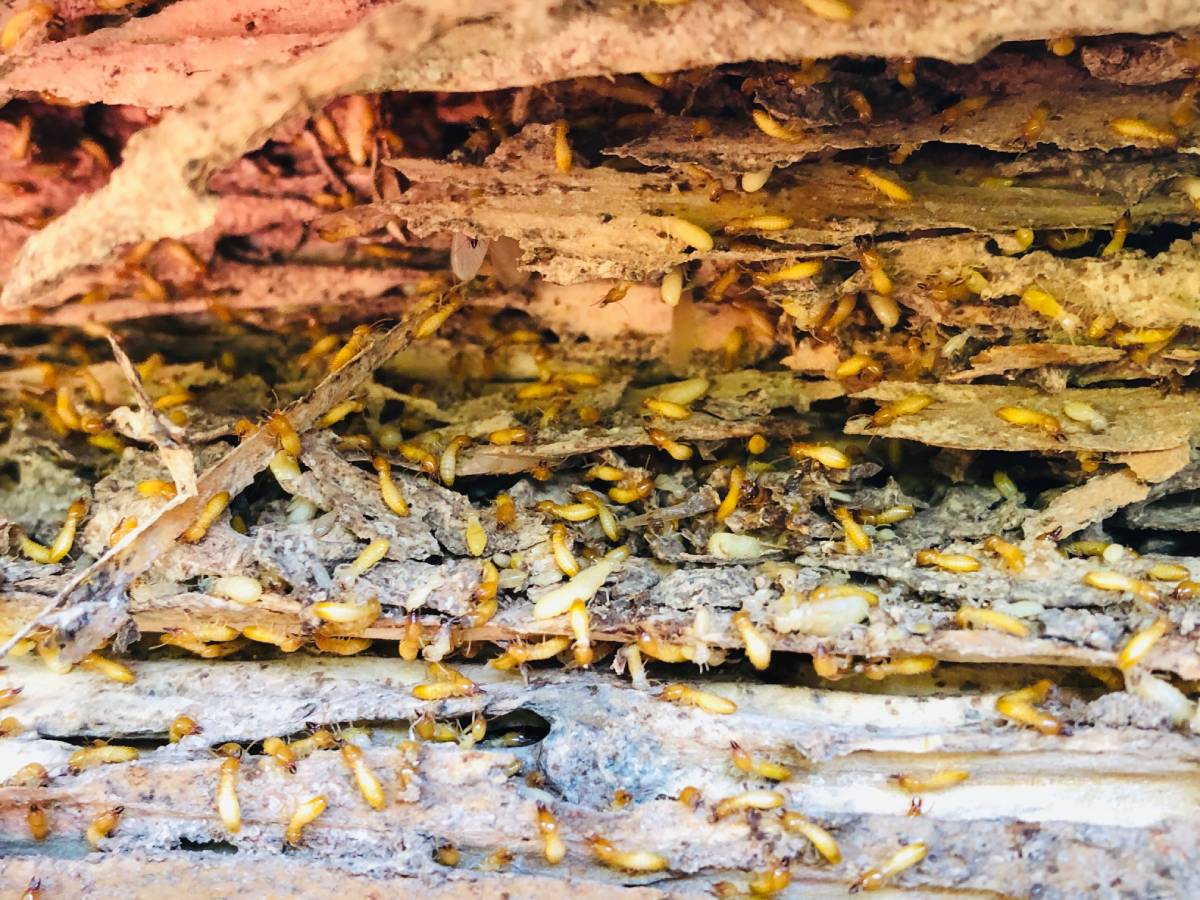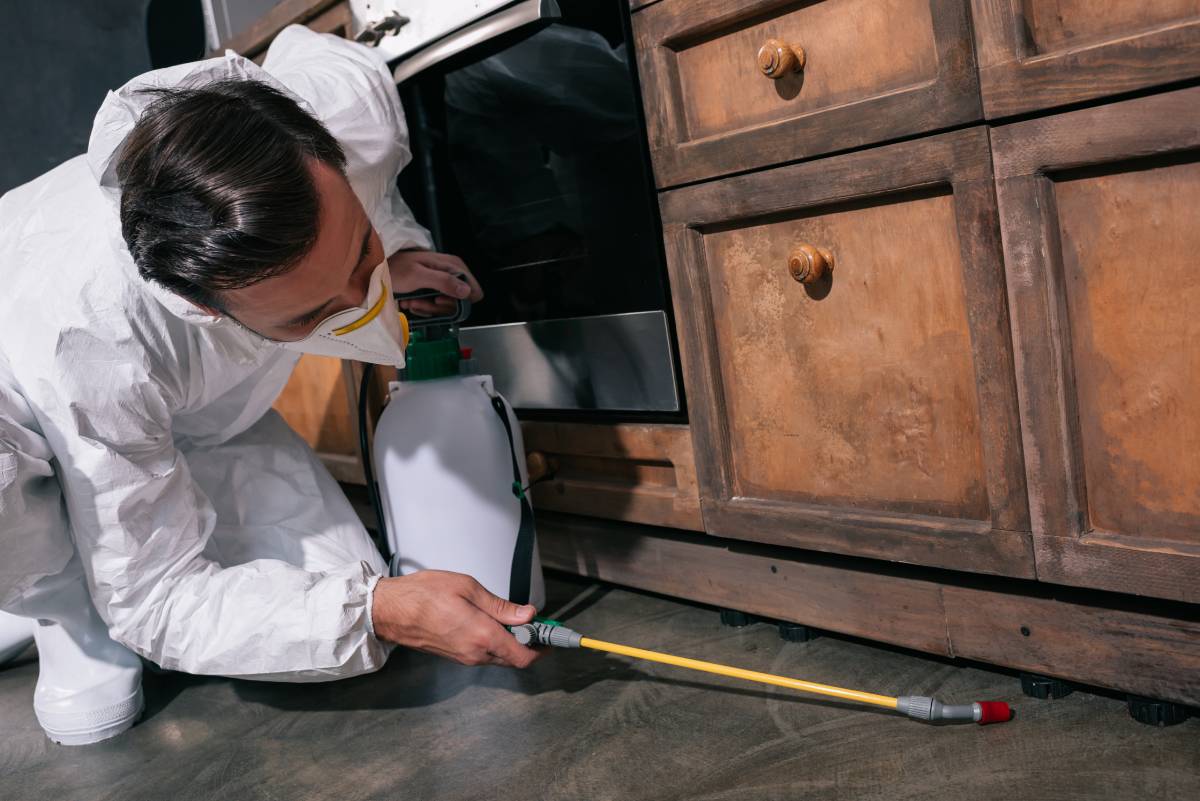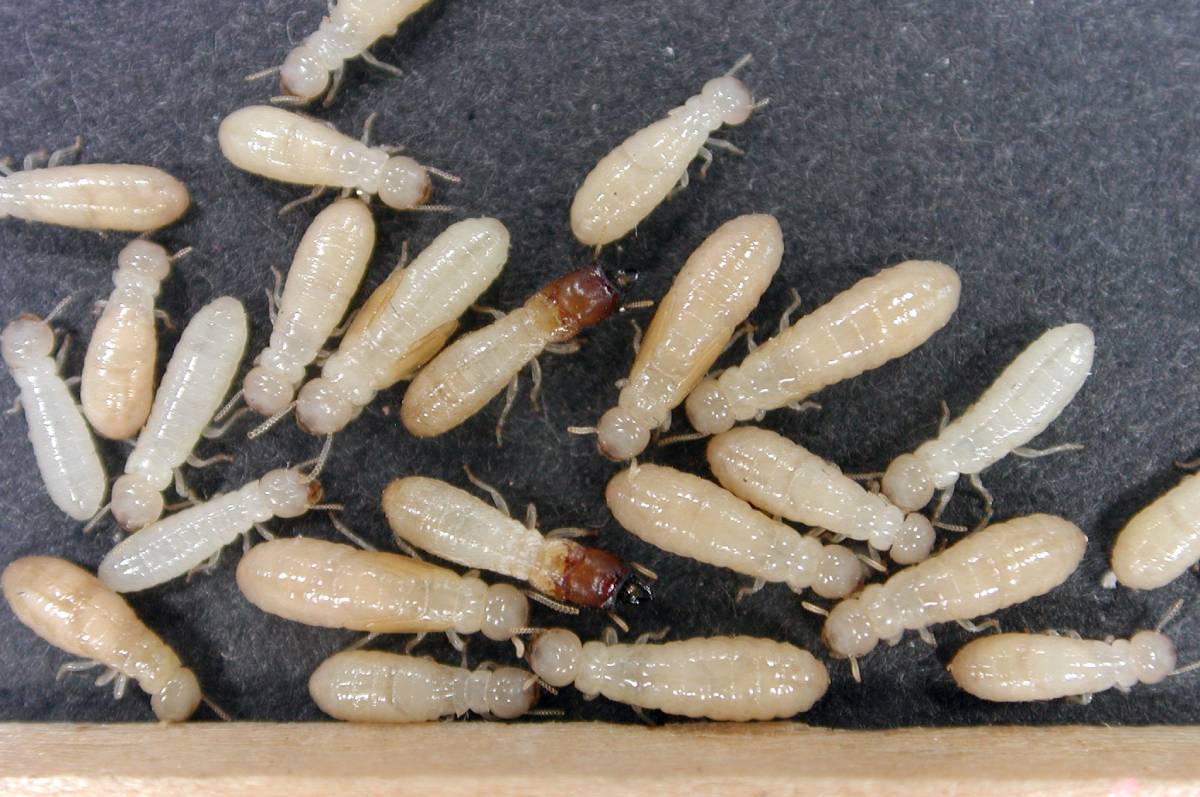What are those white ants? Are white ants harmful? Do white ants bite humans? How can I get rid of white ants? Click For Expert Advice
Have you ever wondered what white ants are? Are they similar to regular ants? Are they likely to bite humans and if so, are they harmful? How can you tell if you have a white ant infestation and how do you get rid of them? In this article, we’ll share all you need to know about white ants in the home and what to do if you spot them!
What are those white ants?
If you’ve spotted white ants in or on your property, then you’ve discovered a potential termite infestation. Although such insects are typically referred to as “white ants”, they are in fact nothing like ants and belong to the cockroach family.
Are white ants harmful?

White ants (termites) aren’t harmful to humans, however, they can wreak havoc on the structural integrity of your home.
The fact is, white ants feed on the cellulose material found in wood and other plant life which is why they can be a severe issue for homeowners. They feed within the timber of your home, build nests and tunnels, and begin to branch out further in search of more food for their colony. This is terrible for the stability and safety of your home as the timber hollows out, becomes frail, and eventually (if left untreated), the timber will become incapable of supporting your home’s structure.
So, while white ants aren’t directly harmful to humans, they can invariably result in the collapse of certain areas of your home which can indeed be fatal.
But white ant destruction isn’t only limited to the timber in your home. In fact, they strive to gather up all of the cellulose materials they can find! This includes furniture, cabinets, railings, and so much more.
Not only that but white ants have been known to feast on other non-digestible materials when in search of food, thus causing damage to some of the following materials:
- Plastic
- Metal
- Rubber
- Leather
- Glass
- Plants
- And more.
Simply put, so long as you have an infestation of white ants in your home, nothing is safe from contamination.
To make matters worse, their infestations can be rampant, leaving nothing but devastation in their wake. Queen white ants can live for up to and beyond 25 years, laying over 2,000 eggs per day! That’s 730,000 eggs per year to the tune of over 18 million in her lifetime!
Unfortunately, the majority of the damage tends to occur before a white ant infestation has been discovered so you should always speak with your local pest control professional before you take any action; you’ll need to assess the extent of the damage and the infestation itself.
Do white ants bite humans?

White ants (termites) rarely bite humans. They do not seek out humans or any other living creatures – they simply feast on the plant-based matter.
There are a variety of termites in a colony and the only one with the potential to bite you is a white soldier ant, and even then it is highly unlikely.
Soldiers have highly-developed mandibles in order to fend off predators (such as regular ants), with larger heads that tend to be brown in colour. They have neither wings nor eyes, though if they come into contact with your skin, they could potentially bite you.
In any case, if you have bites on your skin, they are far more likely to have been caused by other insects, such as:
- Fleas
- Bedbugs
- Mosquitos
- Ticks
- Spiders.
If you have a bite on your flesh, your skin may appear to be:
- Red in colour
- Raised/swollen
- Irritated
- Itchy
- Painful.
In such an event, and your symptoms seem to get worse, you should go and see your doctor immediately to be on the safe side.
How to know if you have white ants?
So, how do you tell if you have a white ant (termite) infestation in your home? Here are a few things that you must keep an eye out for:
- You’ve spotted flying white ants
- There are discarded wings scattered around your home
- You can hear clicking noises from within your walls
- The presence of droppings (tiny wood-like pellets)
- The wood in your home is warping
- Your timber appears to be hollow.
If you’ve spotted any of these signs, then it could be that you have a white ant infestation, in which case you need to take immediate action. Again, there’s a good chance that a great deal of damage has already been done to the structural integrity of your home so you must waste no time in addressing this problem.
How can I get rid of white ants?
And what should you do in order to get rid of white ants (termites) from your home? How can you successfully cleanse your space of their presence?
First of all, we highly recommend that you contact and hire your local pest control company, such as Expert Pest Control in the Blue Mountains. Not only will they be able to identify the extent of the damage and the degree of the infestation, but they are far better positioned to eradicate a white ant infestation than you are. There are plenty of home remedies that you can try, but the safest, fastest, and most efficient means of taking your home back and preventing any further structural damage is by calling the professionals in.

Other means of getting rid of white ants include:
- Applying termiticides to the exterior of your home
- Using essential oils as an organic solution
- Placing termite baits in order to slowly kill off the colony
- Spraying boric acid around the affected areas.
Once eradicated, you can try to prevent future infestations by:
- Avoiding moisture
- Clearing food wood from the home
- Choosing the appropriate garden materials
- Keeping your pipes and guttering clean
- Scheduling regular termite inspections.
We hope that you’ve found this article helpful. Again, if you suspect that you might have a termite infestation, we suggest that you pick up the phone immediately and have a certified professional come out to your property to carry out the necessary inspections.
